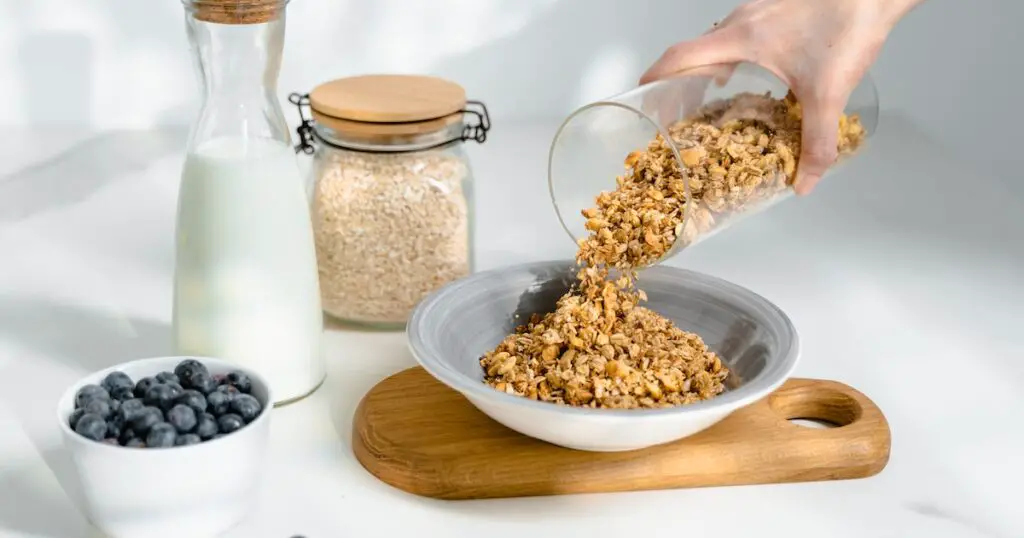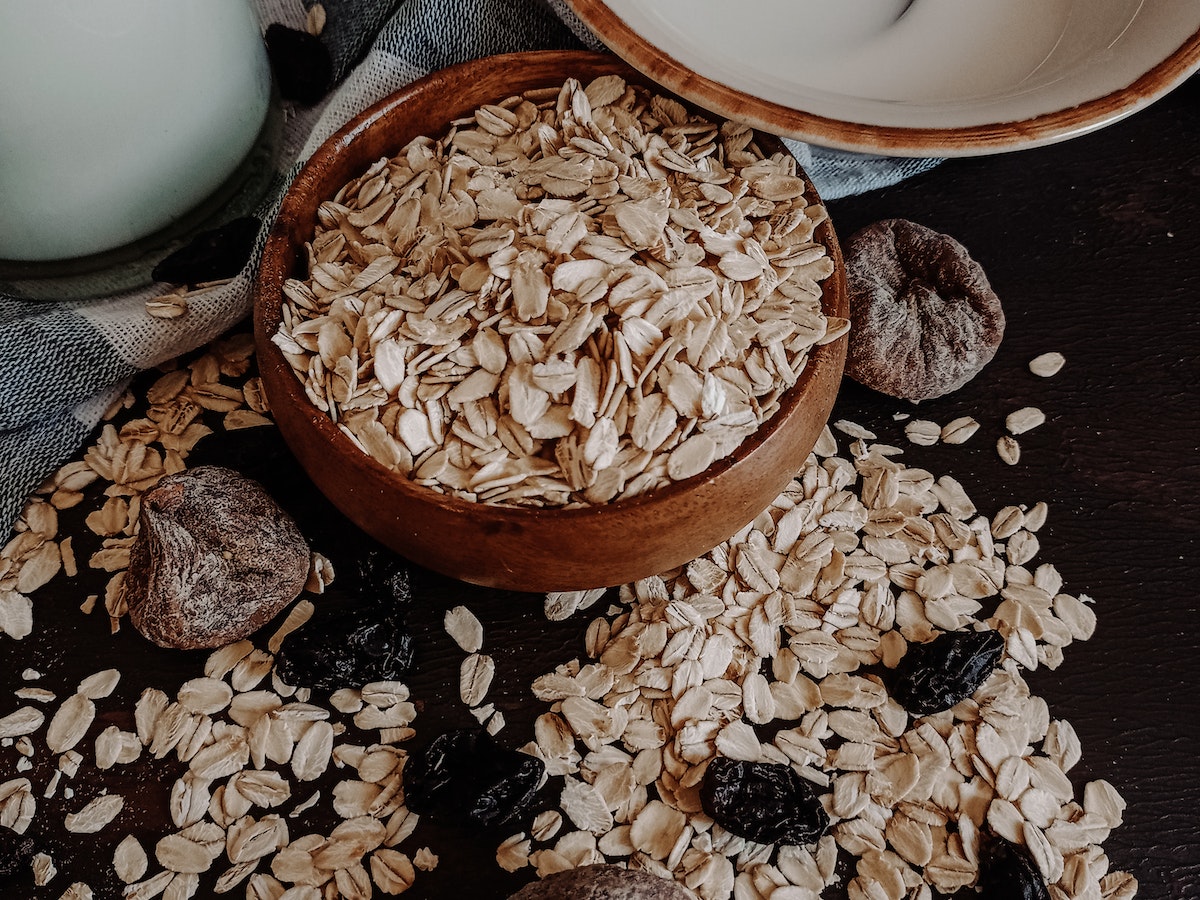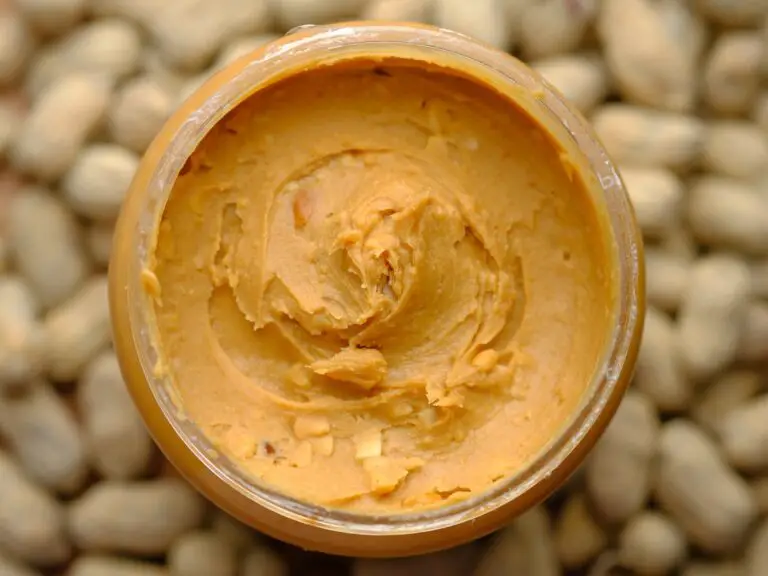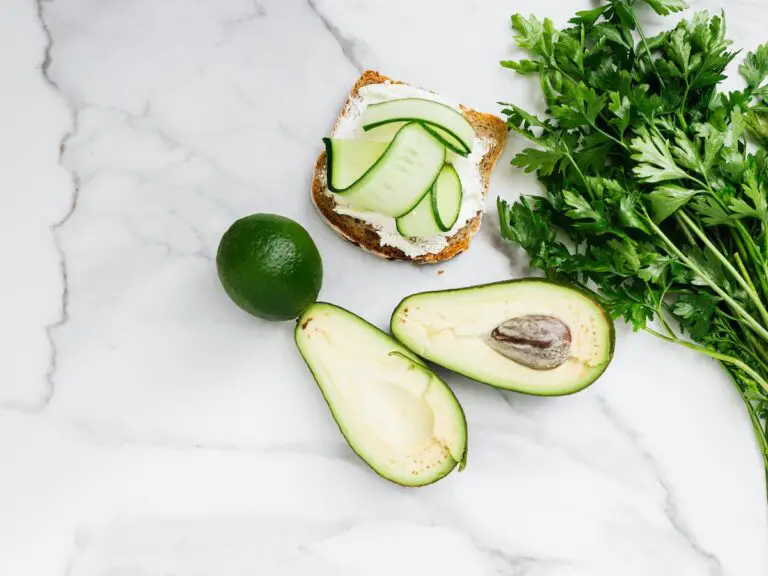Can Oat Milk Trigger Acne? (Facts + Solutions)
You like oat milk, but you’re worried about its effect on your face. People who care about their skin and their health have been talking a lot about whether or not oat milk can cause acne.
What does science say about it, though?
In this article, we’ll look into the study and determine whether the claims are true. Oat milk, from oats, has become a popular dairy choice because it tastes creamy and has many health benefits. But some people have said that they got pimples after drinking oat milk, which has led to rumors that it might be linked to acne. We’ll examine the scientific proof and what may cause acne to determine what’s true and what’s not.
So, if you want to know if oat milk is good for your skin or bad for it, keep reading to discover the truth about this controversial subject.
Table of Contents
The Science Behind Acne Development
Acne is a skin disorder that is extremely widespread and affects millions of people all over the world. It takes place when hair follicles become clogged with oil and dead skin cells, resulting in acne, including whiteheads, blackheads, and pimples. Acne is thought to be caused by a number of different things, although the precise reason for its growth is not yet completely understood in its entirety. Among these include diet, shifts in hormone levels, increased oil production, microorganisms, and inflammatory responses.

Understanding the Ingredients of Oat Milk
Understanding the components that make up oat milk is necessary to answer whether it can cause acne. To produce oat milk, oats are soaked in water, then blended with water, and finally, the fluid is strained to eliminate any solid particles. The resulting liquid is a creamy alternative, contains no dairy products, and is abundant in nutrients such as fiber, vitamins, and minerals. Oats, in and of themselves, are known to possess calming and hydrating characteristics, which is why they are such a popular ingredient in skincare products.
Potential Factors Contributing to Acne
Although oat milk is usually regarded as a nutritious beverage, there have been a few reports of people breaking out after ingesting it. In these particular instances, the development of acne could be caused by several different circumstances. There is a potential that commercial oat milk products contain chemicals or preservatives. This is just one option. These additions may aggravate acne by irritating the skin or upsetting the natural balance of bacteria on the skin’s surface.
Debunking the Myth: Does Oat Milk Cause Acne?
Some anecdotal accounts consuming oat milk can cause acne; however, there is not much scientific data to support this assertion. According to the findings of a study presented in the Journal of the American Academy of Dermatology, there is no substantial link between drinking milk and developing acne. Another study that was carried out on adolescents who suffered from acne also concluded that there was no connection between milk consumption and the severity of acne.
Based on these findings, it appears that oat milk, similar to other kinds of milk, is not likely to be a direct cause of acne outbreaks.

Research Studies on Oat Milk and Acne
Studies on oat-based skincare products provide some insights, even if there is a lack of research particularly exploring the benefits of oat milk on acne. The anti-inflammatory characteristics of oats, which can help calm skin that has been irritated, make oats a popular food choice. In addition, the presence of beta-glucans in oats has been shown to strengthen the skin’s barrier function and speed up the healing process of wounds. According to its properties, oat milk may have a good effect on acne-prone skin, which implies that this may be the case.
Other Considerations for Acne-Prone Individuals
Even if drinking oat milk might not be the direct cause of acne breakouts, it is important to take into account the possibility that other causes are. For instance, people who tend to break out with acne should pay close attention to their general nutrition and how they live. Consuming a balanced diet, finding healthy ways to manage stress, and maintaining proper skincare hygiene are all essential for keeping skin in good condition. A high-sugar diet and smoking are two lifestyle choices linked to an increased risk of acne. Certain foods, such as chocolate, have also been linked to an increased risk of acne.
Tips for Incorporating Oat Milk Into Your Skincare Routine
If you are a fan of oat milk and want to include it in your daily skincare routine, there are a few things you should keep in mind before you do so. To begin, select organic oat milk or make your own at home to reduce the amount of additives or preservatives present in the product and cause the skin to get irritated. Second, while making DIY face masks or cleansers, you might want to consider including oat milk. Oat milk, when combined with other natural ingredients such as honey or yogurt, can be transformed into a skin care product that is calming and nutritious.
Alternative Milk Options for Individuals with Acne-Prone Skin
There are many other kinds of milk available besides oat milk if you are concerned about the effect that oat milk might have on your skin. Plant-based milks are readily available and excellent for people with acne-prone skin. Some examples of plant-based milk include almond milk, coconut milk, and hemp milk. These kinds of milk often have a lower amount of sugar and could have distinct vitamin profiles, both of which might be beneficial to your skin.

Conclusion
In conclusion, there is a lack of evidence in the scientific literature about the connection between oat milk and acne. Although anecdotal accounts suggest some people may develop breakouts after ingesting oat milk, research studies have not found a direct link between the two. Although it is doubtful that drinking oat milk can cause acne outbreaks, it is essential to consider that other variables may lead to skin breakouts. In the end, it is really necessary to pay attention to your body and pay attention to how your skin reacts to various foods and skincare products by paying attention to how your skin reacts.
FAQs
Oat and almond milk are generally considered good options for acne-prone skin due to their lower potential to trigger acne than dairy milk. However, individual responses may vary, so it’s important to observe how your skin reacts to each type of milk. Oat milk is known for its soothing properties, which can help reduce inflammation associated with acne, while almond milk is rich in vitamin E, which promotes skin health. Experimentation and personal preference can determine which milk suits your skin best.
Negative reactions to oat milk are rare but can include allergic reactions in individuals with oat allergies. Some people may also experience digestive issues such as bloating or gas due to the high fiber content of oat milk. It’s important to be aware of any potential allergies or sensitivities and consult a healthcare professional if you experience adverse effects after consuming oat milk.
Individuals with oat allergies should avoid oat milk. Additionally, those who experience acne breakouts or skin reactions after consuming oat milk may consider avoiding it to see if it impacts their skin. It’s recommended to consult with a healthcare professional or dermatologist for personalized advice based on specific dietary needs and skin concerns.
Oat milk can benefit sensitive skin due to its soothing properties and gentle nature. It contains compounds like beta-glucans that can help calm and moisturize the skin, reducing potential irritation. However, it’s important to note that individual reactions may vary, and it’s advisable to patch-test the product before incorporating it into a skincare routine. If any adverse reactions occur, it’s recommended to discontinue use and consult a dermatologist for personalized advice.
Oat milk itself is not a known trigger for acne. It can benefit acne-prone skin due to its low potential for irritation. However, individual responses may vary, and some people might experience breakouts or skin reactions due to specific factors like personal sensitivity or added ingredients in commercial oat milk products. It’s always recommended to patch-test new products and observe your skin’s response to determine if oat milk or any specific ingredient is a potential acne trigger for you.
Disclaimer: This article is for educational purposes only, and does not substitute any medical advice. Always consult a qualified healthcare professional for personalized advice before trying new treatments or medications.

General Physician
Senior Medical Writer






